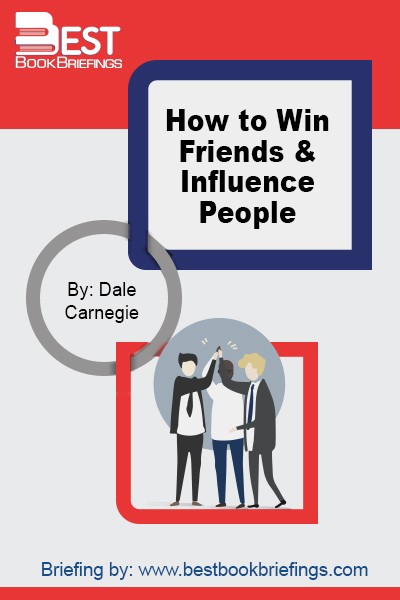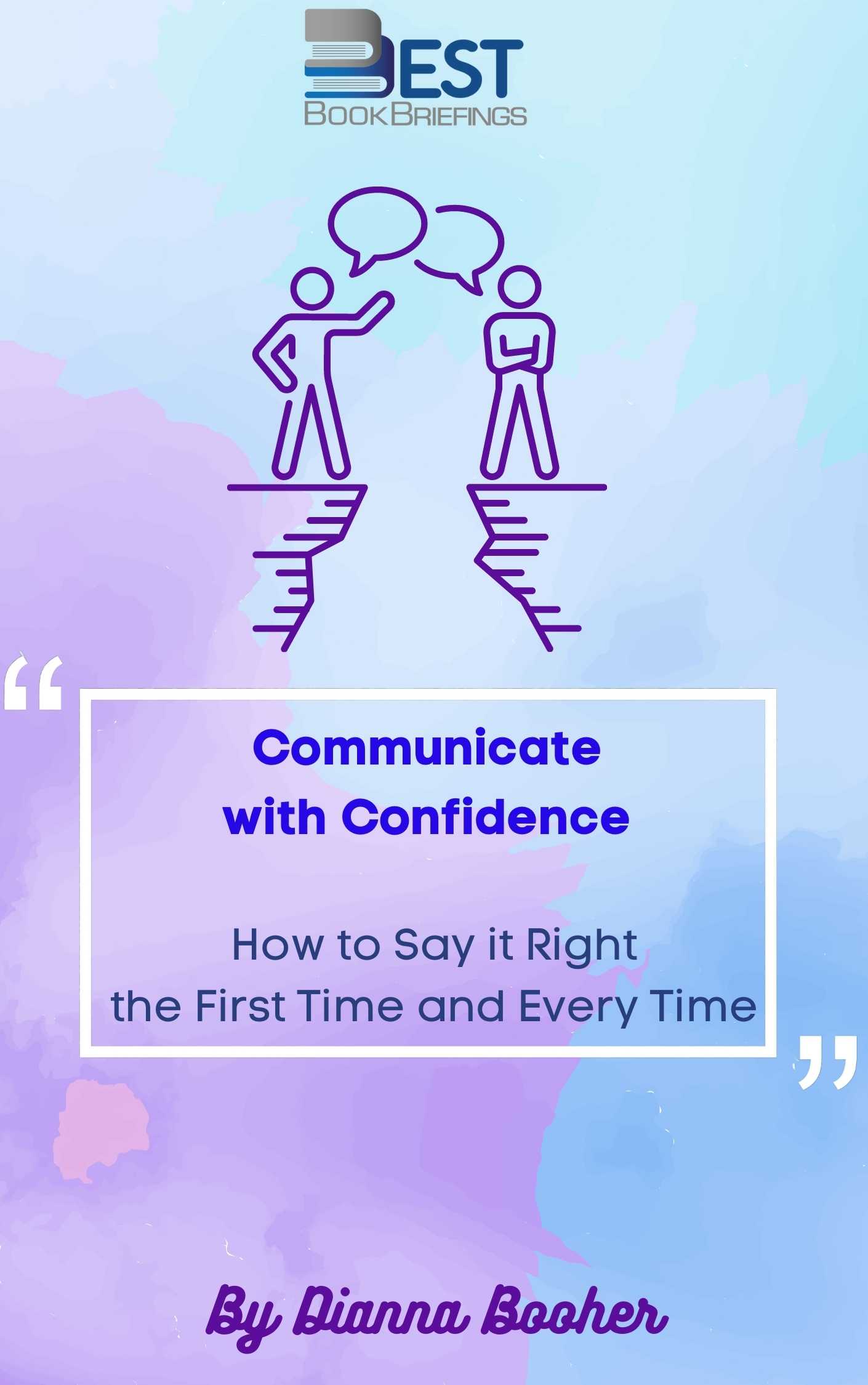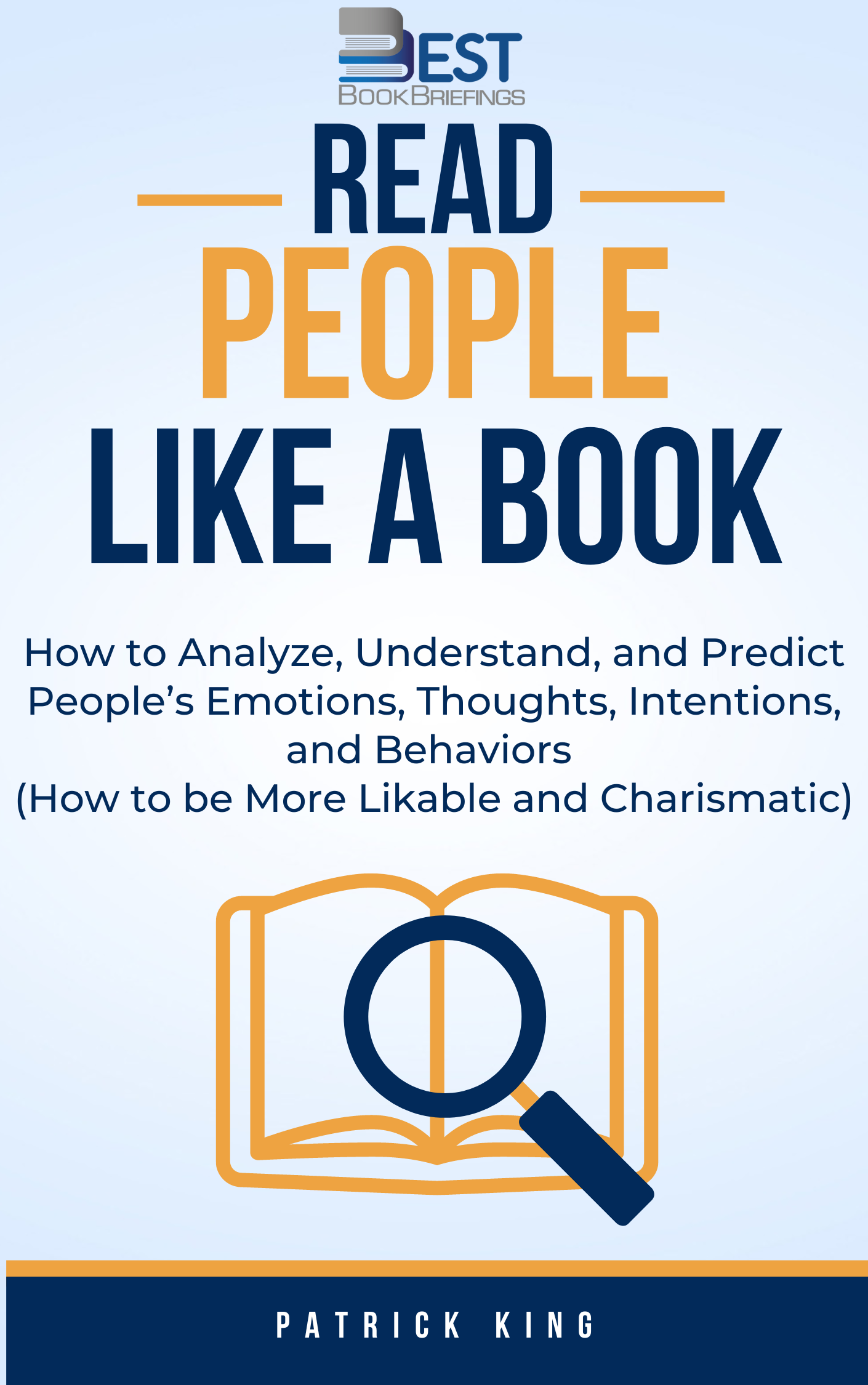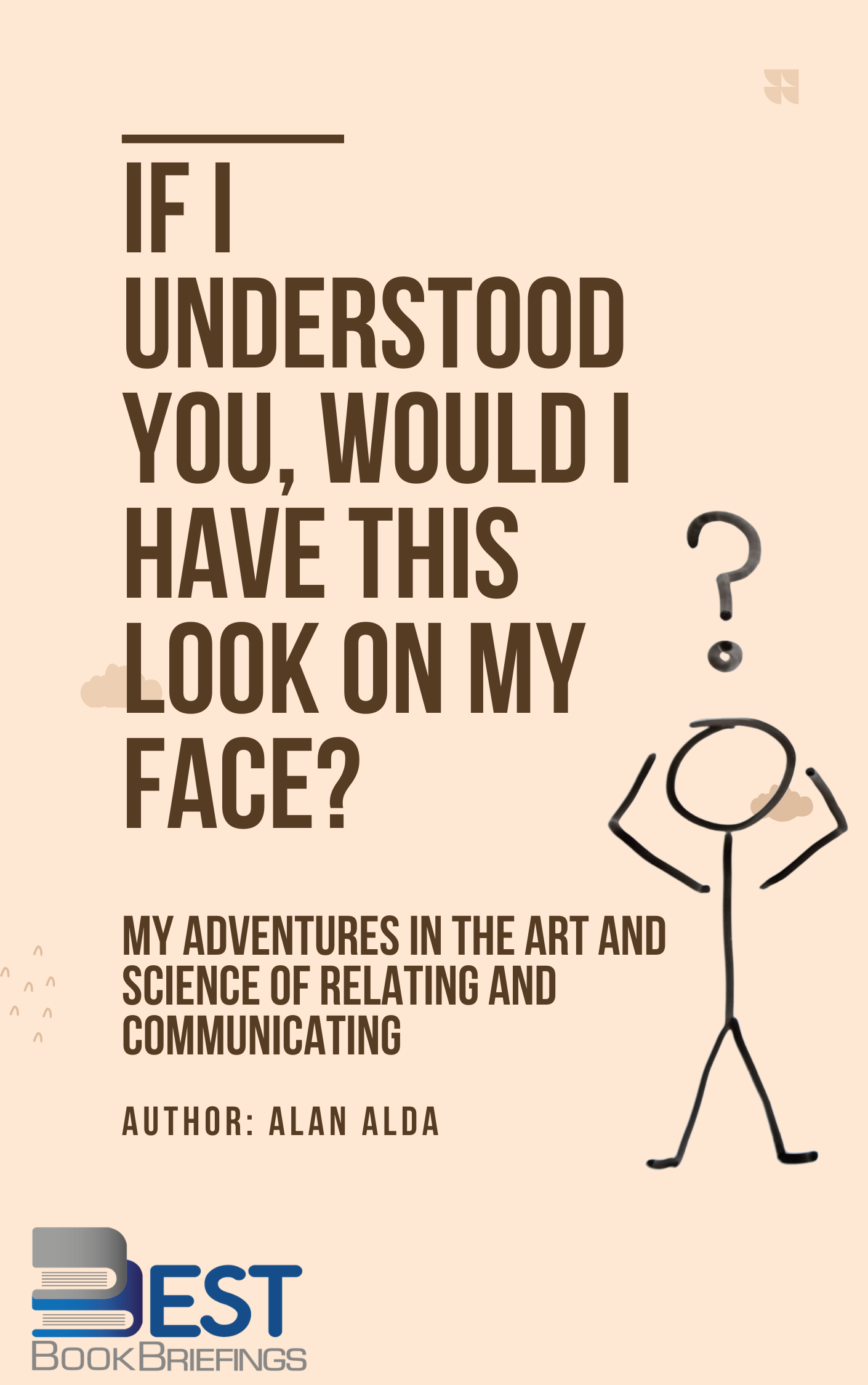If I Understood You, Would I Have This Look on My Face?
My Adventures in the Art and Science of Relating and Communicating
Editorial Review
Drawing on improvisation training, theater, and storytelling techniques from a life of acting, and with insights from recent scientific studies, Alan Alda describes ways we can build empathy, nurture our innate mind-reading abilities, and improve the way we relate and talk with others. Exploring empathy-boosting games and exercises, If I Understood You is a funny, thought-provoking guide that can be used by all of us, in every aspect of our lives—with our friends, lovers, and families, with our doctors, in business settings, and beyond.
Book Reviews
Books on Related Topics

This book is a business classic that redefined the leadership skills of people after World War I. It is made up of chronicles of lives of some of the most popular people in the 20th century, including former U.S. president D. F. Roosevelt and the steel king, Charles Schwarb. The book

Some people have the ability to enter a room and draw instant attention, effortlessly exuding charm, radiating energy and a commanding presence. That enviable quality is called charisma...and those who have it are better able to influence what gets done and ultimately achieve what they want. To some extent, it's innate—but

Social intelligence is defined as the ability to get along well with others while winning their cooperation. Social intelligence is a combination of sensitivity to the needs and interests of others, which is sometimes called your social radar, an attitude of generosity and consideration, and a set of practical skills for

All successful professionals either realize that communication skills can increase their ability to lead more effectively or understand that poor communication habits are limiting their influence and results. Better communication is an essential ongoing process. Failure to communicate is the frustration of modern management. Over time, all relationships depend on the

Speed read people, decipher body language, detect lies, and understand human nature.Is it possible to analyze people without them saying a word? Yes, it is. Learn how to become a “mind reader” and forge deep connections.How to get inside people’s heads without them knowing.Read People Like a Book isn’t a normal book



